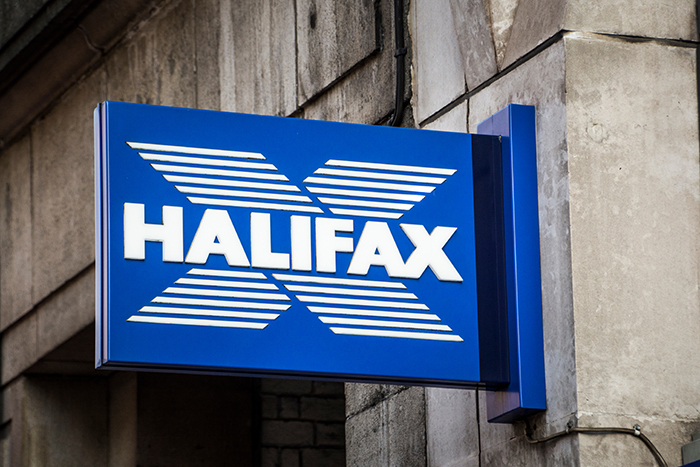
UK house prices fell further in September, edging down by 0.4% on a monthly basis, according to the Halifax House Price Index for September.
This was the sixth consecutive monthly fall, though the pace of decline slowed markedly compared to August (1.8%). The average home now costs £278,601, a drop of around £1,200 since last month.
On an annual basis prices are down by 4.7%, largely unchanged from 4.5% in August. Nonetheless they remain some £39,400 higher than in March 2020, such was the extraordinary growth seen during the pandemic.
Halifax Mortgages director Kim Kinnaird comments: “Activity levels continue to look subdued compared to recent years, with industry data showing lower levels of new instructions to sell homes and agreed sales.
“Borrowing costs are the primary factor, given the impact of higher interest rates on mortgage affordability. Against this backdrop, homeowners inevitably become more realistic about their target selling price, reflecting what has increasingly become a buyer’s market.
However, Kinnaird adds that with the base rate now likely to be at or around its peak, we are seeing fixed rate mortgages deals ease back from recent highs. Wage growth also remains strong, which has helped with affordability, with the house price to income ratio now at its lowest level since June 2020 (6.2 in September vs 6.3 in August).
James Forrester managing director of Barrows and Forrester says: “A sixth consecutive monthly fall may seem like cause for concern but what we’re currently seeing is the market readjusting following a sustained boom period that saw house prices driven to record highs”.
He adds: “This has materialised in the form of a slow but consistent reduction in values rather than the cliff edge drop that many predicted and despite this modest reduction, property values remain substantially higher when compared to the pre-pandemic benchmark.
Benham and Reeves director Marc von Grundherr, comments:“Higher mortgage rates have been the key contributing factor with regard to cooling house prices and so it begs the question as to just how high they may have climbed if inflationary pressures didn’t force interest rates to climb”.
He thinks it likely that this reduction in buyer affordability will remain an issue over the long term until such a point that the Bank of England finally gets a grip on inflation.
“However, while market activity may have reduced somewhat, the market is still ticking along and we don’t expect any drastic realignment in house prices to materialise,” he concludes.
Together, personal finance distribution director Alan Davison says: “House prices may have dipped further, but in truth this won’t completely undo the increases seen over the last four years.
“And while recent news of falling inflation may also spark hope for first-time buyers and borrowers hunting for cheaper rates; we’re not out of the woods just yet”.



